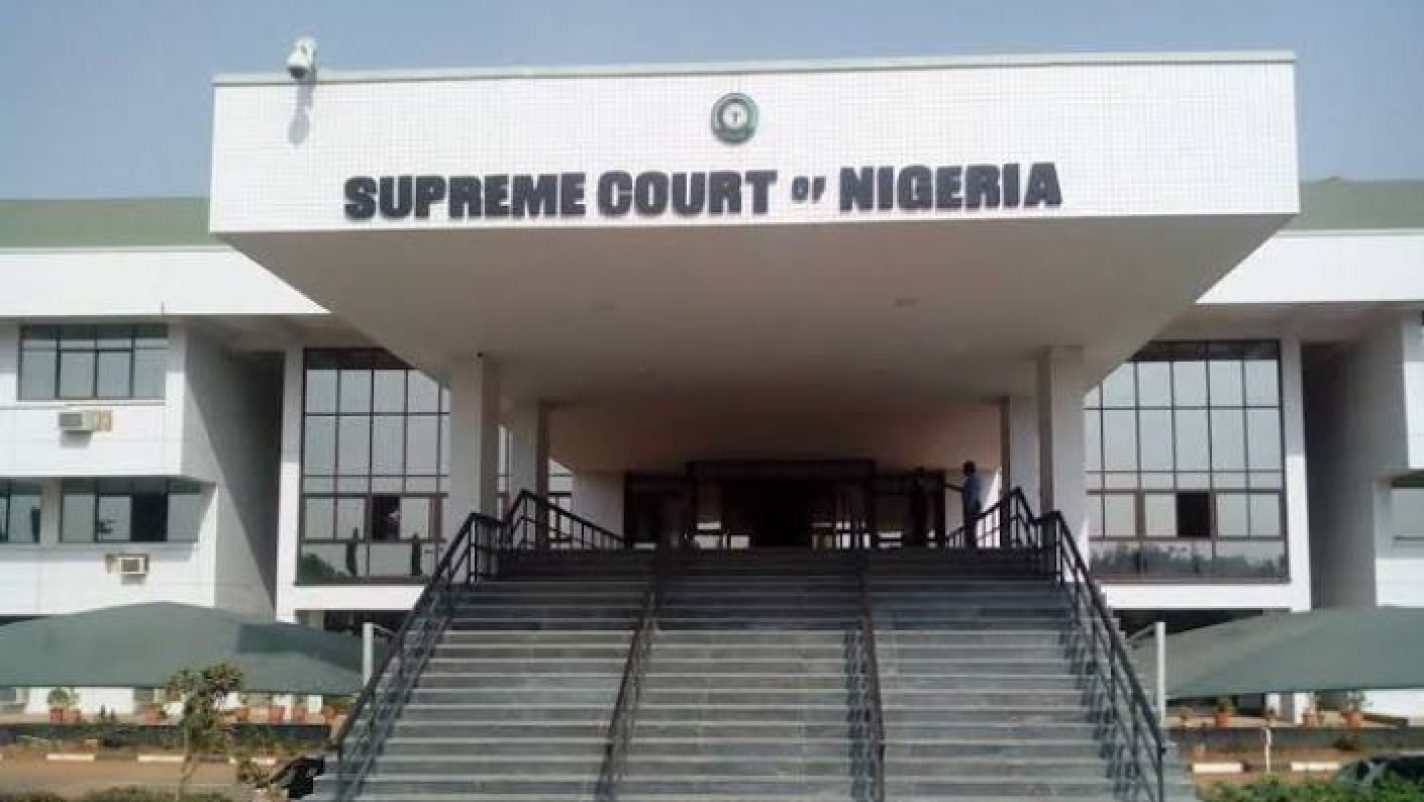Sixteen States of the Nigerian Federation have dragged the Economic and Financial Crimes Commission, EFCC, and Nigerian Financial Intelligence Unit, NFIU, to the nation’s apex court.
The States are asking the Supreme Court to bar the EFCC and NFIU from investigating their accounts.
The Sixteen States challenging the constitutionality of the law establishing the EFCC are Anambra, Benue, Cross River, Enugu, Edo, Kogi and Kebbi. Others are Katsina, Jigawa, Nasarawa, Niger, Oyo, Ogun, Plateau and Sokoto States.
Entertaining the suit on Tuesday, the Supreme Court scheduled October 22 for hearing of the case.
The apex court’s seven-member panel, presided over by Justice Uwani Abba-Aji, chose the date yesterday after it consolidated three suits filed separately by three States.
The court also granted the request by 13 States to be made co-plaintiffs in the case filed in the name of their Attorneys-General.
The plaintiffs in the consolidated case, marked: SC/CV/178/2023, are Anambra, Benue, Cross River, Enugu, Edo, Kogi and Kebbi.
Others are Katsina, Jigawa, Nassarawa, Niger, Ondo, Oyo, Ogun, Plateau and Sokoto.
The 16 States are contending that the Constitution is supreme and that any law that is inconsistent with it is a nullity.
The plaintiffs contend that the Supreme Court had held in previous cases that it was a United Nations Convention against Corruption that was reduced into the EFCC Establishment Act.
They argue that in enacting the EFCC Act in 2004, the legislature did not comply with the provision of Section 12 of the Constitution.
The States insist that Section 12 of the Constitution needed to be complied with before a convention could be made a Nigerian law.
The section reads: “(1) No treaty between the Federation and any other country shall have the force of law except to the extent to which any such treaty has been enacted into law by the National Assembly.
“(2) The National Assembly may make laws for the Federation or any part thereof with respect to matters not included in the Exclusive Legislative List for the purpose of implementing a treaty.
“(3) A Bill for an Act of the National Assembly passed pursuant to the provisions of subsection (2) of this section shall not be presented to the President for assent. And shall not be enacted unless it is ratified by a majority of all the House of Assembly in the Federation.”
The plaintiffs contend that the majority of the State Houses of Assembly must first agree that the convention be adopted before the EFCC Act could be validly enacted.
According to them, the EFCC Act, as currently enacted, could not be applied to States that never approved of it.
The plaintiffs want the court to hold that any institution so established, such as the EFCC, should be regarded as an illegal body.
Some of the reliefs being sought in the suit are:
- “A declaration that the Federal Government through the Nigerian Financial Intelligence Unit (NFIU) or any other agency lacks the power to issue any directive, guideline, advisory or any instrument howsoever called for the administration and management of funds belonging to a State.
2. “A declaration that the EFCC, the NFIU or any agency of the Federal Government cannot investigate, requisition documents, invite and or arrest anyone with respect to offences arising from or touching on the administration and management of funds belonging to a State or any Local Government Area.”
According to report, when the case was called, the majority of the counsel prayed for their clients to be joined as co-plaintiffs. While two of the States prayed for an order for consolidation.
Kogi’s counsel, Abdulwahab Mohammed (SAN), said some States indicated interest in a merger. While others sought to be joined as co-plaintiffs.
“It is for this honourable court to tell us how to proceed, my lord.
“Out of about 15 States, there are about 13 of them that have indicated interest to be co-plaintiffs. And only two want consolidation.
“To make the task of the court easier, those who want to be joined as co-plaintiffs should be joined and abide by the processes already filed.
“Those who sought consolidation should be asked to file within seven days,” Mohammed said.
Justice Abba-Aji adjourned until Oct. 22 for a hearing.
The Kogi State AG had, in the suit numbered SC/CV/178/2023, sued the Attorney-General of the Federation (AGF) as the sole defendant.
In the originating summons filed by a team of lawyers led by Prof. Musa Yakubu (SAN), the State raised six questions for determination and sought nine reliefs.
source: The Nation
Follow us for more news on our WhatsApp News Channels @
https://whatsapp.com/channel/0029VaC505jB4hdZ5Yx9g82U
![]()

